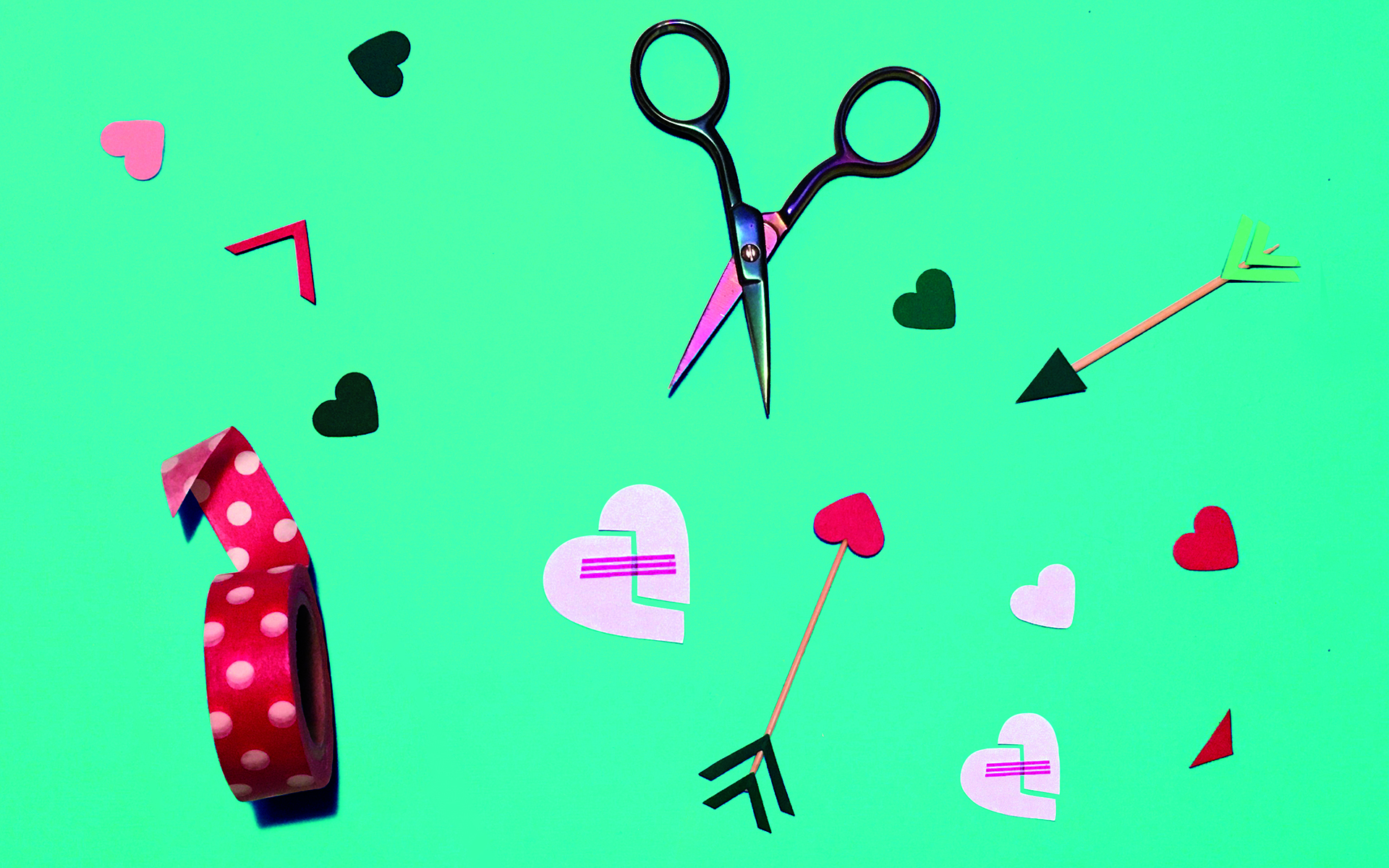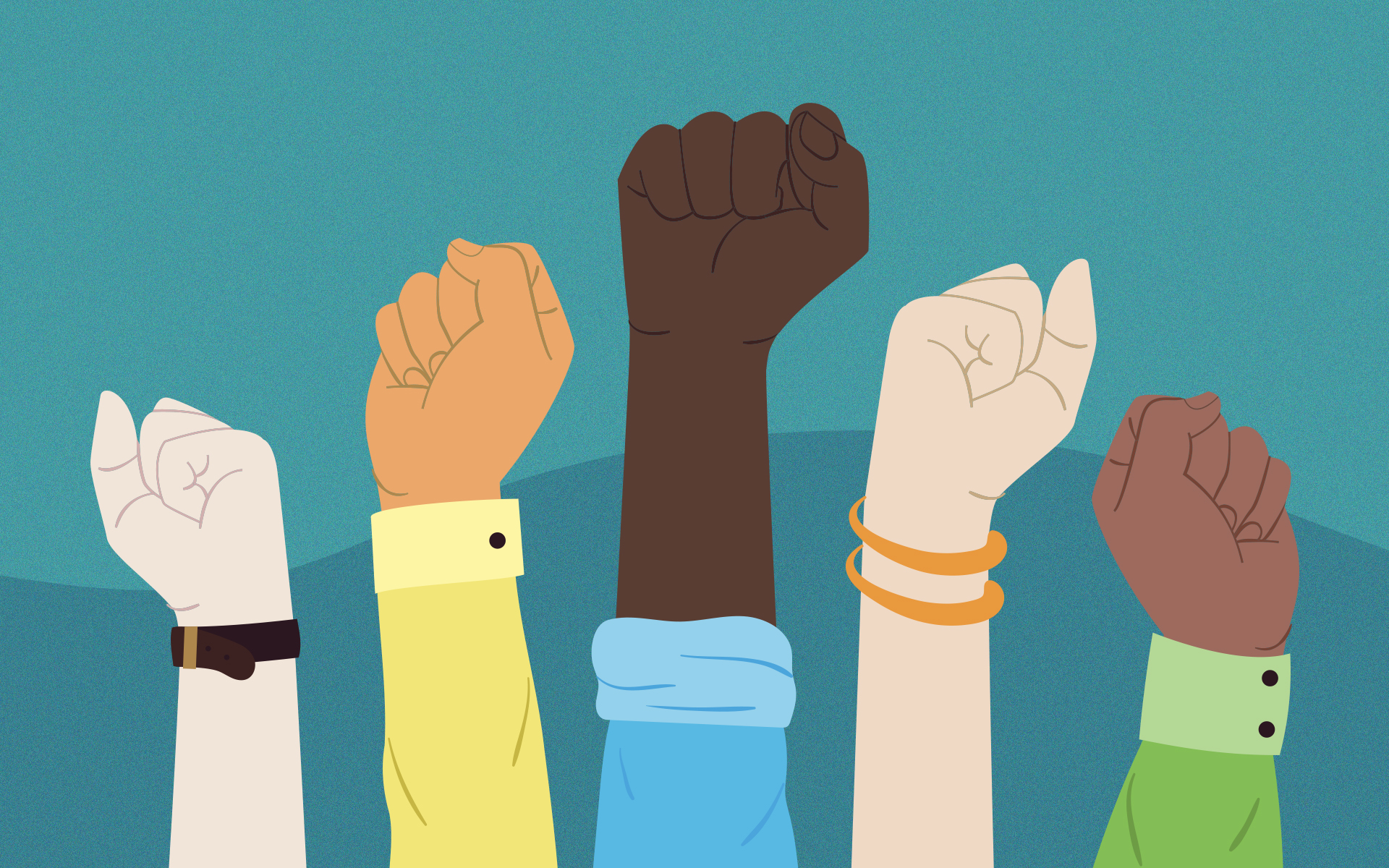My heart felt as if it were being squeezed through a meat grinder. I couldn’t stop sobbing as I drove my pale blue Volvo through the streets of Vancouver, wondering, to quote the BeeGees, “How can you mend a broken heart?”
It is natural to want love. But sometimes, in spite of all the good things you are doing to keep it going, love falls apart. And you fall apart and everything around you seems to fall apart. And it feels rotten. Even if you have a regular mindfulness practice, at this gut-wrenching moment you might not want to focus on your breath or your body because it all feels so raw and horrible—and then you might feel guilty because you think you should be practicing, but you just can’t or don’t want to. But meanwhile you are really suffering and would like to feel better. So whaddayagonnado?
Sometimes a broken heart can feel as if someone has taken a baseball bat to it. Maintaining awareness, a.k.a. mindfulness, is about staying present to the times you might want to crawl under the porch like a suffering dog, noticing hurt in a particular way, so that you can offer yourself deep tenderness and compassion and embrace your life as it is—agonies, misfortunes, and all.
The very moment that you would prefer to push away the nasty feelings that are eating you alive like fire ants, or the devastating feelings that make you think you never want to love again, or the red-faced foolish feelings that heat up shame, is the moment your mindfulness practice can come to your aid.
Approach yourself as though you were a creature you’ve happened upon in the wilderness. Pause. Take in the details. Go slowly. Approach yourself with care and friendliness.
To begin: Gently notice the emotional maelstrom and slather yourself with the milk of human kindness. Life can feel so hard but we don’t have to make it harder by being harder on ourselves. We don’t have to like it when sorrow is present, but we can investigate how we might stand up to what is beyond our control or choice.
Be aware of which channel your mental TV is tuned to. No notice how much you are drawn to replaying painful memories over and over. You might be hoping that this self-torture film festival will make you feel better, but brain science suggests that fixating on the dead bones of anything only serves to unwittingly train the brain to make this painful story your new go-to thought-munchie.
In times of great distress, you might approach yourself as though you were a creature you’ve happened upon in the wilderness. Pause. Take in the details. Go slowly. Approach yourself with care and friendliness.
Notice the thought-loops in your head, like questioning ways you could have made things work out differently. If you’re up for it, bring attention to the body sensations these thought-loops activate. Thoughts are not usually experienced in a neutral way—they set chemical reactions and urges in motion. Welcome awareness that gives you permission to intentionally turn toward love and care for the dear one known as you.
Even if the pain of heartbreak is burning you like an acid-bath, you may still need to go to your job, take care of family, and generally continue to function. That’s where our mindfulness practice helps us stay engaged with our lives, even when they seem to be falling apart.
Practice: Healing from Heartbreak
This three-step A.W.E. practice can help you lessen suffering and stay engaged with your precious life, even when you’d rather not.
- Allow yourself to feel the messy, swirling, uncomfortable sensations that show up. It is natural to want to flee from pain, but turning to face psychological pain can be the very thing that frees us from its overwhelm. If conditions allow: Feel it to heal it.
- Welcome what you are feeling and noticing with tender curiosity. Acceptance can reduce agitation and resistance—chums that often act as triggers for fight, flight, freeze. Ease often accompanies the ability to have compassion for self and others.
- Experience gratitude—the gift that keeps on giving. If you can, find anything at all about the situation to be thankful for. Consider anything you may have learned, or any growth that was nurtured. See if holding the whole unpleasant experience with an attitude of gratitude gives you the opportunity to lighten your load.
Read More
What I Learned About Myself at the Grocery Store: Mindfulness Lessons from COVID-19
Elaine Smookler didn’t expect to find herself fighting the urge to panic-buy while shopping this week. Here’s how mindfulness helped her to slow down and remember kindness.
Read More
3 Science-Backed Ways to Calm Down When You’re Overwhelmed
Discover three mindfulness exercises—supported by science—that you can turn to when the world becomes too much.
Read More









